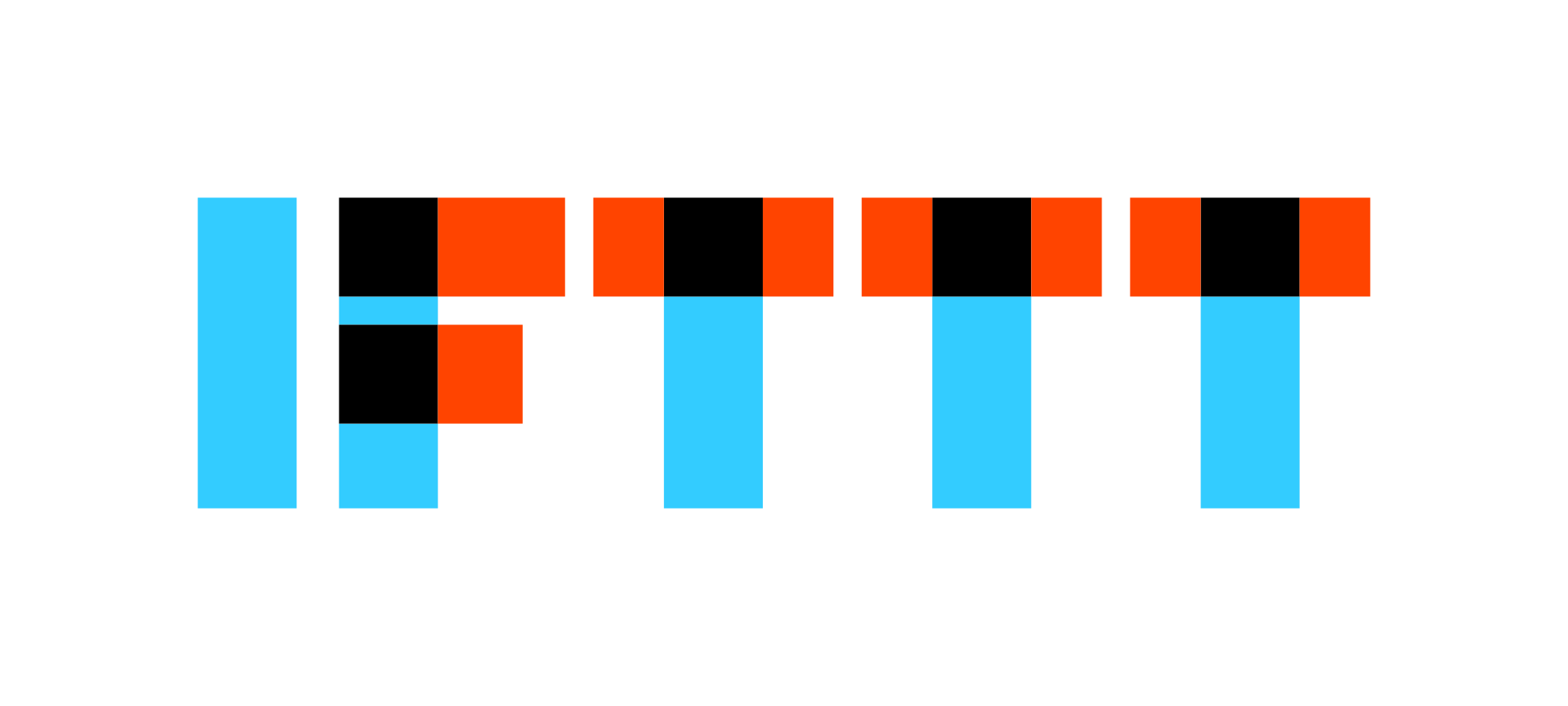If we follow the sales pipeline far enough, we will eventually stumble upon relations with customers, whether by answering questions, giving product support, or receiving feedback. This key piece of business is known as Customer Relationship Management, or CRM, and helps guarantee that the needs of customers are always being addressed.
Today, the vast majority of customer relations is conducted through CRM software, with the aim of streamlining such processes and increasing customer satisfaction. CRM software, simply put, is a system that helps businesses manage customer data and interactions in one convenient platform. This helps ensure that information isn’t lost or miscommunicated between customers and the business.
If you are building your own business, you're likely wondering more about how and why CRM software has become such a mainstay in recent years. In this article, we’ll examine the definition of CRM software, the benefits it brings to businesses, and how to choose the best one for you.
We'll conclude by introducing IFTTT, our powerful automation platform that helps businesses efficiently automate customer service processes. Unlike most CRM services, IFTTT is completely free, and only takes a few minutes to get started.
Understanding CRM Software

Definition of CRM software: At its core, CRM software is a set of tools that helps businesses store and analyze customer information. This data can range from contact information such as name and address to past purchases, complaints, leads, or support tickets. All of this information is stored in one place and can be used to keep track of customers over the long-term.
How CRM software works

CRM software works as a centralized platform that businesses use to record, report on, and analyze all customer interactions. Here's a basic breakdown of how it works:
Step one; Data collection: CRM software collects data from various sources like emails, calls, social media, and the company's website. It can also integrate with other business tools like marketing automation software or sales tools to pull in additional data.
Step two; Data organization: The software organizes this data into individual customer profiles. Each profile contains a history of the customer's interactions with the business, including purchases, service requests, and any communication they've had with your team.
Step three; Data analysis: CRM software uses this data to provide insights about customer behavior, preferences, and patterns. This can help businesses predict customer needs, identify opportunities for upselling or cross-selling, and improve customer service.
Step four; Task automation: Many CRM systems can automate routine tasks. For example, they might automatically send follow-up emails after a customer makes a purchase, or alert a sales rep when a potential customer visits the pricing page on the company's website.
Step five; Reporting: CRM software provides reports on various metrics like sales performance, customer engagement, and team productivity. These reports can help businesses track their progress toward goals, identify areas for improvement, and make data-driven decisions.
In essence, CRM software works by gathering customer data, analyzing it to extract valuable insights, and then using those insights to drive better customer interactions. It's a powerful tool for any business that wants to build strong customer relationships and grow its customer base.
The role of CRM software in customer relationship management

Personalized customer experience CRM software houses a wealth of information about each customer, including their purchase history, communication preferences, and feedback. This data can be used to tailor interactions and offers to individual customers, leading to a more personalized and satisfying customer experience. For example, if a customer frequently purchases a certain type of product, the CRM system could suggest similar products they might like.
Efficient communication and service delivery CRM software streamlines communication by keeping all customer-related data in one place. This allows businesses to respond quickly and accurately to customer inquiries or issues. For instance, if a customer contacts a company with a complaint, a representative can easily access the customer's history to understand the context of the issue.
Enhanced customer loyalty and retention By improving the customer experience and making interactions more personal, CRM software can help businesses build stronger relationships with their customers. Happy customers are more likely to be loyal to the business and continue using its products or services. Additionally, CRM systems can help identify at-risk customers who may be considering switching to a competitor, allowing the business to take proactive steps to retain those customers.
Choosing the right CRM software for you

CRM software is not one-size-fits-all. It is critical to find the best option for you and your business, so you aren't wasting time and money with unneeded features or ineffective platforms. Here are a few things to consider when choosing the right CRM software for your business:
First, identify your business needs and goals. Are you looking to improve customer service, increase sales, or streamline marketing efforts? Choose a CRM that aligns with these objectives.
You should also consider the size of your business. Some CRM systems are better suited for large enterprises, while others are designed for small businesses. Lastly, consider your budget. The cost of CRM software can vary greatly, so it's important to find a solution that fits your financial constraints.
The best CRM software is one that your team will actually use. Therefore, ease of use is a critical factor. Look for intuitive interfaces, straightforward navigation, and clear instructions. Moreover, strong customer support is essential.
Even the most user-friendly CRM system can present challenges, so choose a provider that offers reliable, accessible support, preferably with multiple contact methods like phone, email, and live chat.
Popular CRM software options

There's nothing wrong with trying out a smaller CRM service, but these popular options offer the greatest stability, feature set, and customer support. Consider paying a tad extra for the best fit for your business.
Salesforce
($25-$300 monthly, depending on plan.)
Known for its comprehensive feature set and scalability, Salesforce is suitable for businesses of all sizes. It offers contact management, sales forecasting, task management, and more. However, it can be complex and may require training to use effectively.
HubSpot
(Free- $2,000+ monthly, depending on plan.)
HubSpot offers a free CRM that's great for small businesses. It's user-friendly and integrates well with other HubSpot products for marketing, sales, and service. If you are on a tight budget, this is an excellent choice.
Zoho CRM
($14-$52 monthly, depending on plan.)
Zoho CRM is another good option for small to medium-sized businesses. It offers a wide range of features, including email marketing, social media integration, and customer support tools.
Pipedrive
($12-$99 monthly, depending on plan.)
Pipedrive is an excellent choice for sales-oriented businesses. It offers a visual pipeline view and automation tools to help increase sales efficiency. The user interface is simple and intuitive, making it easy to use.
View our complete guide on using Pipedrive for your business here.
Customer Relationship Management tools with IFTTT

IFTTT is a powerful automation tool that allows users to connect various web services and applications. With IFTTT, you can create “recipes” that automate certain tasks or actions. These recipes can be used in conjunction with CRM software, allowing businesses to streamline customer relationship management tasks and optimize their processes even further.
Read on to hear about our mission and our top picks for automations to grow your business and keep customers happy.
What is IFTTT?
IFTTT, an acronym for "If This Then That," is our free web-based service and mobile app designed to boost productivity by automating tasks. It works by creating connections between popular apps and services, allowing them to work together seamlessly.
The basic idea behind IFTTT is to create "applets" or sets of instructions that trigger when certain conditions are met. For example, you could set up an applet that sends you an email alert whenever a specific Twitter account posts a new tweet.
Founded in 2011, IFTTT has been used by over 25 million individuals to automate both business and home tasks, saving time and increasing efficiency. It's commonly used to connect disparate services and systems, making all products and services work well together in a way that instills user confidence. Best of all, it's free and only takes a couple of minutes to set up.
Top CRM automations with IFTTT
Add new Pipedrive deals to Asana as tasks Don't waste time manually creating tasks for your new deals and activities. Use this Applet to have your new deals matched to a project in Asana, ensuring nothing ever falls through the cracks. This Applet will automatically create new tasks in Asana for new deals added to Pipedrive.
Google Calendar to Salesforce Event This Applet helps solve the tricky problem of syncing your Google Calendar to your CRM. When an event is added to your google calendar, then an event record is created in Salesforce in order to integrate calendars.
Add new leads from Facebook Lead Ads as leads in Salesforce Automating your lead flows and keeping your CRM up-to-date will help you run your business with ease and efficiency. This Applet will automatically add new leads from Facebook Lead Ads as leads in Salesforce.
Browse our entire collection of Applets here. Remember, IFTTT is 100% free to join and only takes a few minutes to setup.


